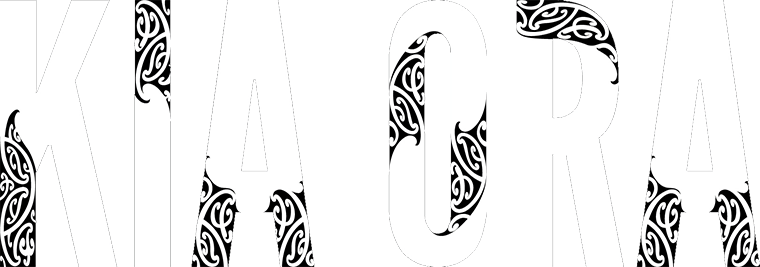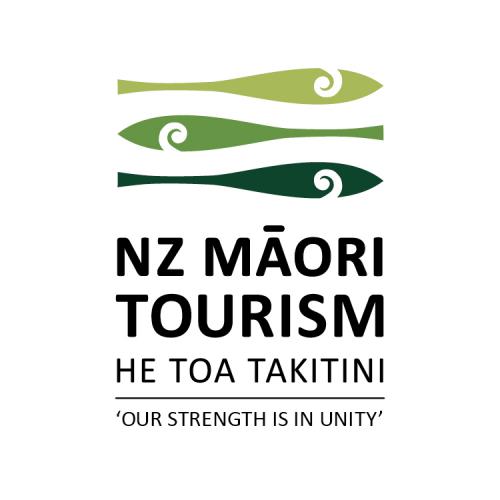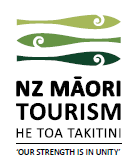|
4 February 2022 Tēnā tātou katoa, In this pānui:
Borders OpeningThe Government has announced the 5-staged border opening. These dates will be reviewed on 20 February.
MIQ and Isolation
BoostersAotearoa NZ remains at the red traffic light setting. The Government has reduced the waiting period for the booster shot from four months down to three. From this Friday, 4 February, if you are 18 years and older, and had your second vaccine at least three months ago, or on or before 3 November 2021, you can access your booster shot from this Friday. Evidence from overseas is that boosters significantly reduce the likelihood of getting sick and needing to go to hospital. It also helps to reduce transmission of the virus. It is strongly encouraged whānau get the booster shot. How to get your booster
What do the phases mean?As the virus becomes more prevalent in the community, Aotearoa NZ will take a phased response to slowdown the spread of the virus: Phase One – ‘Stamp it out’
Phase Two – ‘slow the spread and protect our vulnerable communities’
Phase Three – contact tracing changes
See more info here:
COVID Resources
COVID-19 Resource Toolkit Omicron in the community
Business SupportShort Term Absence Payment Available to employers to pay workers who are staying home while waiting for a COVID-19 test result. It’s also available to eligible self-employed workers. To be eligible, workers need to be unable to work from home and need to miss work while waiting for their test results. Leave Support Scheme Available to employers to help pay employees who have been advised to self-isolate because they have contracted COVID-19 and can’t work from home. It’s also available to eligible self-employed workers. $600 per week for full-time workers and $359 per week for part-time workers. Small Business Cash Flow Loan Scheme The small business cash flow loan scheme will provide loans of up to a maximum of $100,000 to businesses employing 50 or fewer full-time employees. This includes sole traders and self-employed businesses. New mask rules from 3 February (Tourism Industry Aotearoa update)The Government has announced changes to the rules around mask wearing for hospitality and close proximity businesses. These new rules will take effect from 11.59pm on 3 February:
TIA’s updated Adventure Activity Guidelines (PDF) include the new guidance on masks. Scholarships, development & fundingIndigi-X Global Exchange If you are Māori and want to expand your professional networks into Canada, Indigi-X is a free 6-week virtual indigenous to indigenous professional exchange. The first intake runs 17 Feb to 31 March for two hours each Friday and there are currently 8 spots remaining for Māori participants. The exchange is funded by the Canadian Federal Government and involves forming self-selected cohorts (Canadian First Nations and Māori) to work as a roopu on a self-selected kaupapa of mutual interest, in a self-determined way. It could be anything from indigenous responses to climate change to rangatiratanga and robot technology. You're limited only by the scope of your vision and expertise. Women’s Leadership New Zealand scholarships Women & Leadership New Zealand (WLNZ) is offering wahine in tourism up to $5000 per scholarship for four leadership development courses. Find out more and apply by Friday 18 March. Funds available for Connecting Communities events Southern DHB, via Ta Hau Toka, is making funds available for Connecting Communities events that support wellbeing. The next Connecting Communities funding rounds are 28 February-11 March 2022 and 4-15 July 2022. Eligible groups can apply for up to $1000 to run activities or events in Queenstown, Wānaka, Cromwell, or Te Anau/Fiordland that improve mental wellbeing. The activities must aim to bring people together in person or online, promote the Five Ways to Wellbeing and Te Whare Tapa Wha, and align with COVID requirements. Free Online HR Coaching Session – Poutama-EMA The EMA (Employers and Manufacturers Association), and Poutama continue to deliver the 12-month ‘Poutama Tangata’ group coaching programme to small & medium sized Māori businesses (SMEs) across Aotearoa. The programme is free and available to Māori SMEs seeking guidance with their ‘people’ needs and requirements:
The one-hour online group coaching sessions are held the third Wednesday of each month. Beyond these sessions, 1 on 1 support is also available at a special rate. The next coaching session is scheduled for 12-1pm, Wednesday 16 February 2022. To find out more email Nikki.iuli@emabop.co.nz; to register click here. Kōkiri Accelerator programme Do you want to grow your business, quickly? Are you keen to develop your team and build on your capabilities as founders? Kōkiri could be the right kaupapa for you and your start-up team. Kōkiri is a 10-week kaupapa Māori programme that supports and accelerates the development of early-stage impact positive start-ups into investment-ready ventures. Up to 10 successful teams will be accepted into the 2022 programme, gaining access to start-up mentors, business coaches, investor networks plus a $10,000 start-up grant. Further details about the programme and online application can be found here. Applications close 20 February 2022. Waitangi celebrations move online:Waitangi: The Waitangi Day 2022 programme will air on TV3 on 6 February from 7am to 10am, with an interview and address to the Nation from the Governor-General, Her Excellency the Rt Hon Dame Cindy Kiro, from 4.30pm to 5.00pm. Ōtautahi Christchurch:
Upcoming Dates 24-25 May
10 November
Noho ora mai, NZ Māori Tourism |



